An interview with Toby Fitch
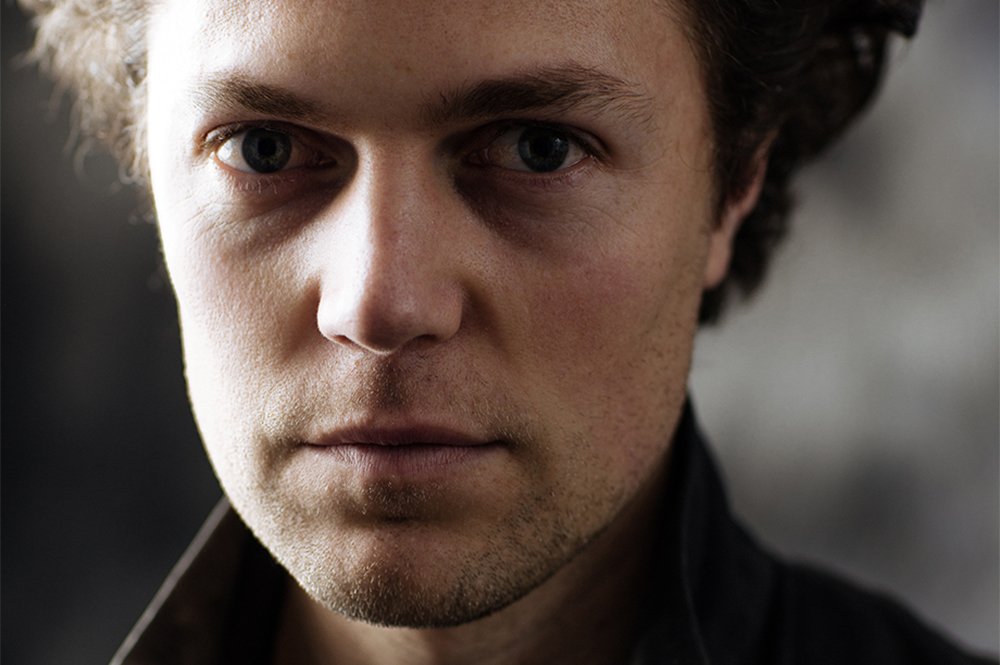
Toby Fitch is poetry editor of Overland and a lecturer in creative writing at the University of Sydney. He is the author of seven collections of poetry, most recently Sydney Spleen (Giramondo, 2021).
Which poets have influenced you most?
At school: Coleridge, Frost, Yeats, Shakespeare. In my twenties, to avoid the notion that poems are pure, untouchable things, I read loads in translation, and still do: Rimbaud, Apollinaire, Reverdy, Lorca, Mayakovsky, Tsvetaeva, Tranströmer, Ritsos, Celan, Rilke, Radnóti, Césaire. There’s something freeing about reading the semblance of a poem. Most influential in English: Stein, Plath, Ashbery, O’Hara, Carson. More recently: Claudia Rankine, Kim Hyesoon, C.A. Conrad, Mary Ruefle. Mentors/colleagues who have had a big effect on me: Chris Edwards, Michael Farrell, Martin Harrison, A.J. Carruthers, Evelyn Araluen. My latest book Sydney Spleen was directly influenced by Baudelaire, Sean Bonney, Pam Brown, joanne burns, and John Forbes, among many others indirectly.
Are poems chiefly inspired or crafted?
For me, and in the spirit of such a dialectic, poems (i.e. ‘poiesis’) are constructed out of a need to make something make sense, or to make nonsense of something.
Continue reading for only $10 per month. Subscribe and gain full access to Australian Book Review. Already a subscriber? Sign in. If you need assistance, feel free to contact us.


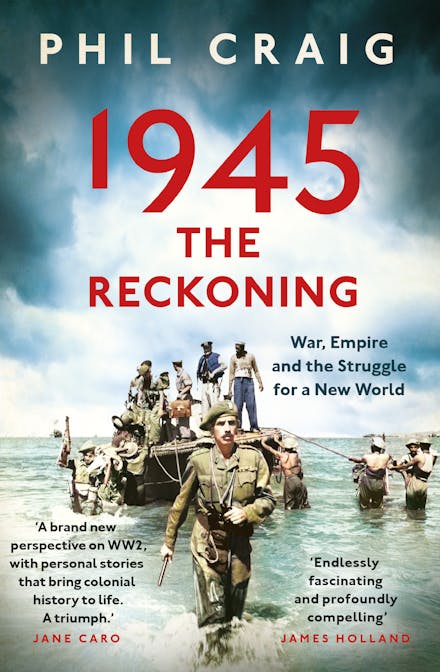

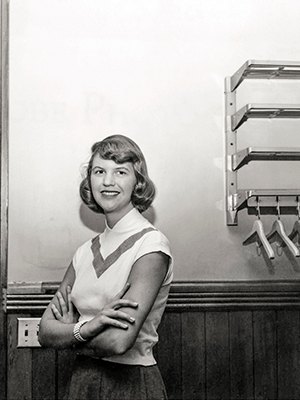
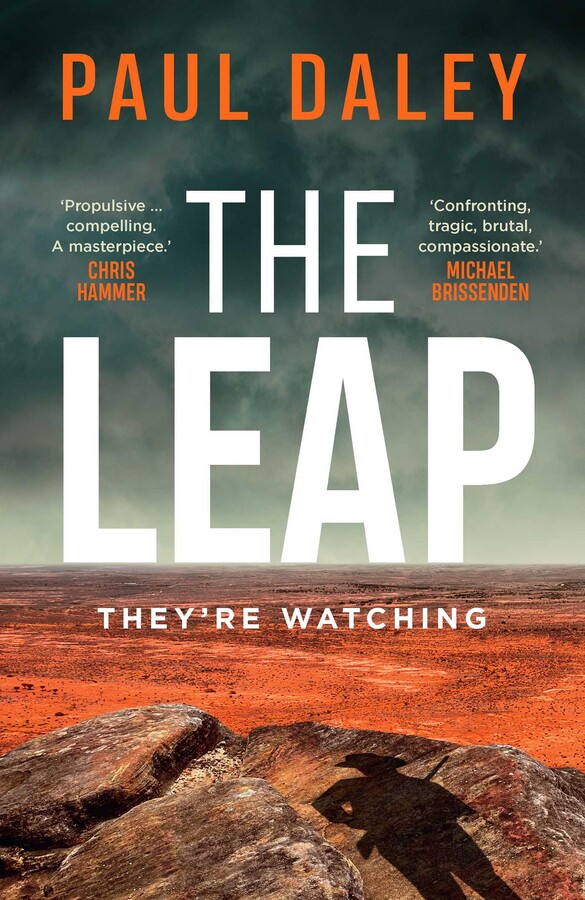
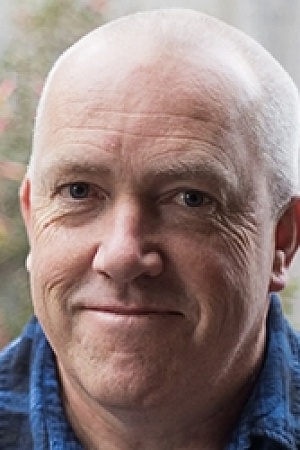
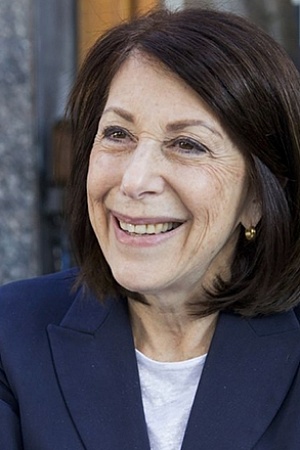

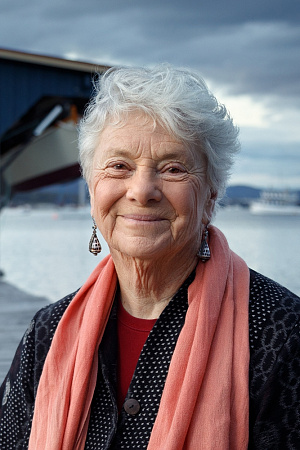
Leave a comment
If you are an ABR subscriber, you will need to sign in to post a comment.
If you have forgotten your sign in details, or if you receive an error message when trying to submit your comment, please email your comment (and the name of the article to which it relates) to ABR Comments. We will review your comment and, subject to approval, we will post it under your name.
Please note that all comments must be approved by ABR and comply with our Terms & Conditions.